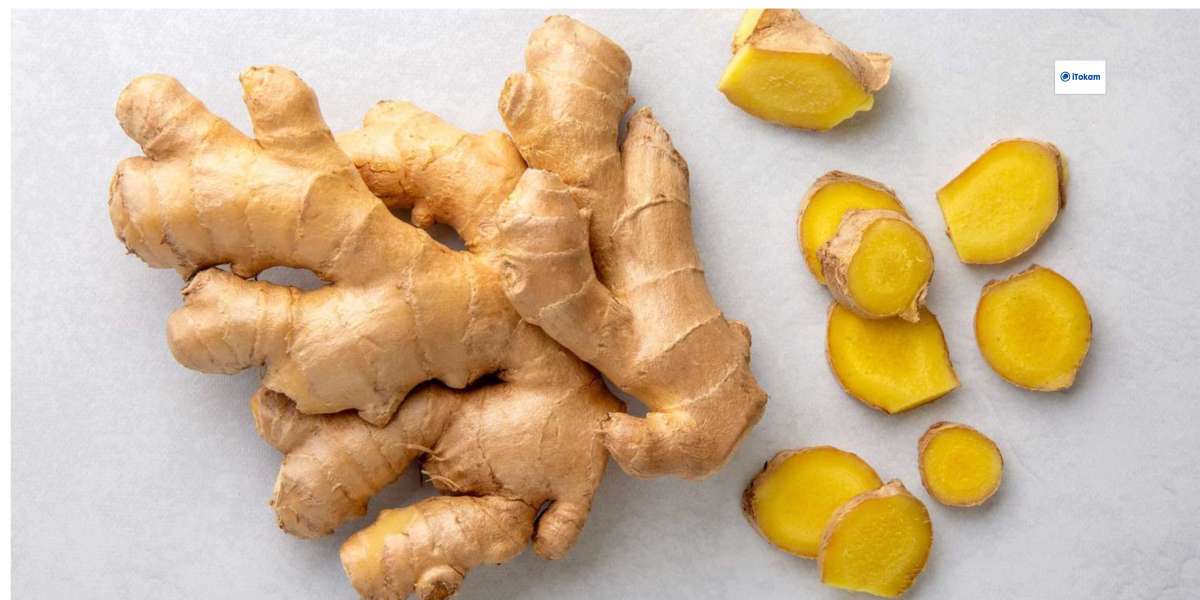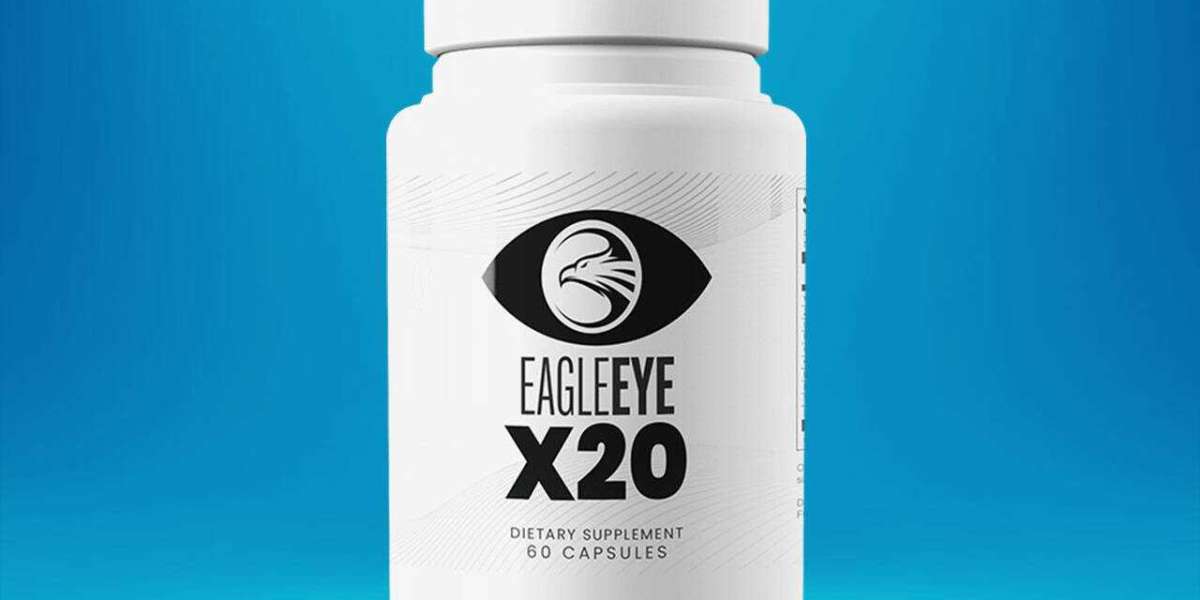Ginger, botanically known as Zingiber officinale, is related to turmeric, another spice powerhouse. Ginger has been employed in Eastern medicine since the 9th century. It's high in shogaols and gingerols, which have a variety of therapeutic benefits. A note of caution: Before using ginger pills, or really any new supplement, consult with your healthcare physician to ensure it's safe for you. "The concentration of ginger varies widely between fresh ginger root, pills, extracts, and powder—and it's not standardized," says Heather Moday, MD, immunologist, functional medicine specialist, and author of The Immunotype Breakthrough. "Aside from ingesting ginger root on its own and drinking fresh ginger tea, one should use supplements with a National Science Foundation (NSF) or United States Pharmacopeia stamp on the label.
"Herbs have pharmacological activity and might have a beneficial or bad impact on your health. Positive benefits could include better disease-specific results. Severe side effects and drug-herb interactions are examples of negative outcomes. Herb and supplement use must now be recorded and reconciled as part of the medication list in the hospital medical record, according to the US Joint Commission.
Ginger is not a panacea and should not be used in place of legitimate medical therapy. However, studies have revealed that it may have some health-promoting characteristics. Which are listed below:
1. Alleviate nausea and vomiting
Ginger has long been used as a remedy for nausea and vomiting symptoms, however researchers aren't sure why. It's possible that ginger boosts the movement of the GI tract, lowering the risk of food lingering in the stomach and causing indigestion, bloating, gas, an upset stomach, and nausea. Another notion is that ginger can combat nausea by centrally affecting serotonin receptor subtypes.
One review of ten studies using ginger capsules and ginger powder to relieve chemotherapy-induced nausea and vomiting (CINV) discovered that ginger was "significantly useful" in controlling acute CINV on day 1 after chemotherapy, but not in nausea and vomiting after day 1. However, further study into ginger and nausea that can accompany chemotherapy found no benefit.
In another study, researchers discovered that consuming one gram of fresh ginger root for four days "significantly" reduced nausea and vomiting in pregnant women while causing no harm to their embryos (as always, consult your doctor before taking any medication, supplement, or herb during pregnancy).
Ginger appears to be useful in minimizing motion-related nausea. In a study of naval cadets who were unfamiliar with sailing in rough seas, those who took one gram of powdered ginger root were less likely than those who received a placebo to experience vomiting and cold sweats, both of which are symptoms of seasickness.
2. Pain relief
Ginger is known to alleviate pain in a variety of ways, including by inhibiting prostaglandins. Prostaglandins are a naturally occurring chemical that enhances inflammation and contributes to smooth muscular cramps. A study of young women with menstruation discomfort (dysmenorrhea) discovered that taking capsulized ginger provided the same pain alleviation as taking Novafen, a pain reliever and anti-inflammatory. Another study found that taking 500 mg of ginger powder orally at regular intervals alleviated pain as efficiently as 400 mg of ibuprofen.
3. Lower blood sugar levels in Type 2 diabetics
People with Type 2 diabetes who were given 1,600-3,000 mg of ginger powder daily for 8-12 weeks lowered their fasting blood sugar levels as well as their HbA1C levels (a measurement of blood sugar used to diagnose diabetes; a normal level is less than 5.7%) when compared to people who were given a placebo, according to a review of four high-quality randomized clinical trials. Researchers aren't sure why ginger appears to be advantageous, but one suggestion is that ginger may indirectly decrease variables that lead to glucose control issues.
4. Enhance brain health
A study of 60 middle-aged women discovered that those who took 400-800 mg of ginger once a day for two months had superior brain functioning (such as improved attention and memory) than those who received a placebo. A study of postmenopausal women who took a ginger supplement for three months revealed similar results. The studies mentioned above confirms the efficacy of Ginger on brain health.
5. Relieve migraine pain
A study of people with periodic migraines (one to six migraine attacks per month) discovered that those who received 400 mg of ginger extract in addition to an anti-inflammatory delivered intravenously (IV) had significantly lesser pain at.5, 1.5, and 2 hours after treatment than those who only received the IV anti-inflammatory medication.
6. Decrease arthritis Inflamation
In one study, elderly patients with knee osteoarthritis were given either a 500 mg capsule of ginger powder or a placebo containing only starch every day for three months. The ginger powder group showed lower levels of inflammatory markers (molecules that indicate inflammation in the body) in their blood at the end of three months than the placebo group. The researchers believe that ginger's anti-inflammatory capabilities, notably the gingerols and shogaols molecules, reduce the inflammatory components involved in osteoarthritis. Other studies into ginger's effect on rheumatoid arthritis (an arthritis caused by an immune system defect) has showed promise, although doctors stress that more data is needed. There is also need for further research on change in quality of life of those with knee pain who took ginger.
7, Reduce body fat
Over a 12-week period, 80 obese women were given either 100 mg of steamed ginger ethanolic extract (greater in 6-shogaol than other ginger products) or a placebo. At the end of the trial, the group that took the ginger extract had considerably lower mean body weight, BMI, and body fat.
8. Lower your cholesterol levels
In a tiny 2008 trial, 45 patients with elevated cholesterol were given 3 grams of ginger in three dosages per day. A placebo was provided to 40 more persons with elevated cholesterol. At the end of the 45-day research, both groups had lower triglycerides, cholesterol, and low-density lipoproteins (LDL, the bad cholesterol) and very low-density lipoprotein (VLDL). But those in the ginger group had a big decrease, while high-density lipoprotein (the good cholesterol) increased.
9. Prevent infection
Ginger extract, when used in a mouthwash, has been found in studies to inhibit the growth of certain oral fungus, particularly those caused by Candida yeast. It should be noted that the majority of candida yeast in the mouth is minor and without symptoms. Another study indicated that 10% ginger extract can battle other bacteria found in the mouth, such as S. mutans and E. faecalis, which can also be found in the gut and genital tract.
10. Reduce Hypertension
A review of six clinical trials involving over 300 research participants discovered that ginger can reduce both systolic (the top number in a blood pressure reading) and diastolic (the bottom number) blood pressure. However, ginger seems to be effective only when research subjects were younger than 50 years of age plus a dose of more than 3grams a day for less than eight weeks. Ginger has been proved to reduce hypertension in humans.
11. Enhance muscular recovery after strenuous exercise
Researchers discovered that when research participants were given 4 grams of ginger for five days prior to rigorous exercise, their muscles recovered faster than those in the placebo group, despite the ginger having no effect on muscle damage prevention.
12. Reduce menstrual heaviness
In one study, high school females with excessive menstrual bleeding were given ginger and experienced considerably less blood loss than those given a placebo.
Also Read: 8 Health Benefits of Traveling
Other potential advantages of ginger
There are other areas where ginger shows good health benefits, but research is still in its early stages. More clinical research, particularly in humans, is required to examine ginger's influence on:
Sperm count and motility: One study on mice discovered that when male mice ate a ginger-enriched diet, the amount and quality of their sperm rose when compared to mice given a placebo.
Skin irritation: A mouse study discovered that 6-shogaol, a ginger molecule with anti-inflammatory properties, can help cure and prevent allergic skin irritation.
Cough: When researchers applied ginger powder to smooth muscle, it relaxed after 30 minutes. This discovery could have far-reaching ramifications for people suffering from asthma and other respiratory illnesses.
Cancer cell growth: One study found that ginger prevented the growth of cancer cells in vitro (in a laboratory test tube) and impacted their blood supply, which, in turn, slowed their growth. Scientists warn, nevertheless, that ginger should not be used in place of professional cancer treatment.
However, ginger is not without hazards. Ginger, in excessive dosages (more than 4 grams per day for adults, according to Mount Sinai specialists, and only 1 gram for pregnant women), can cause:
-Heartburn Belching
-Diarrhea
-Itching in the mouth
These negative effects can be minimized by taking ginger in capsule form and/or with meals.





Jonah Ekeh 44 ב
Good